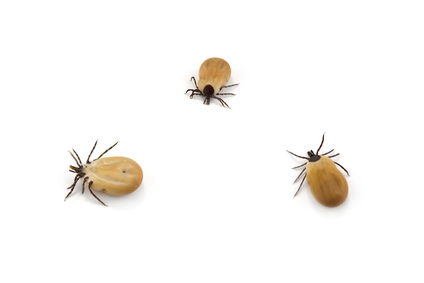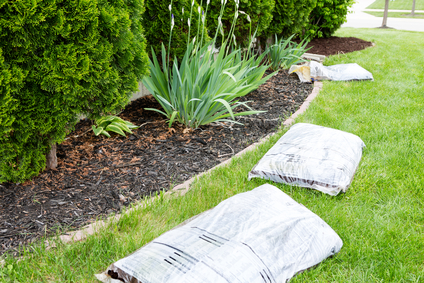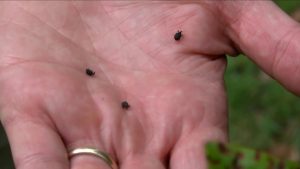Need Help Handling Your Tick Situation In Severna Park, MD?
- Esther M.
- Mar-21-2020
- Anne Arundel
The rural feel of Severna Park, MD may be what triggers your love for the great outdoors. Spending time outside with or without your family is a great way to get away from the hustle and bustle of day to day life. Unfortunately, although locals here don’t worry much about crime (they’re safer here than in 60% of U.S. cities), they still need to be mindful of ticks.

Ticks are known to spread a number of diseases to both humans and pets. The most known infection is Lyme disease. The following post explains how ticks are attracted to humans.
When it’s feeding time – generally during summer months, though ticks can strike anywhere at any time – ticks will wait on shrubs or blades of grass and perform an activity called “questing,” in which they cling to the plant with their back two pairs of legs and extend their front pair of legs into the air. When an animal (like a human) brushes past, the ticks will use their front legs to climb on, where they either attach quickly or crawl around to find a suitable spot to feed. Read more at IGENEX…
In addition to this, ticks can also sense when humans are nearby. They detect the carbon dioxide that humans breathe and even changes in the environment.

Now that you know what attracts ticks to you, it’s important to know how to keep them away from your yard. This post will help you do just that.
Want to keep me out of your yard? Keep up with the landscaping. Ticks require a lot of humidity to survive, so we tend to stay away from well-groomed lawns that lack shade—we just can’t take the heat and will leave to seek shelter elsewhere. You’re most likely to find us near the edge of your lawn: A wood chip, tree bark, mulch, or gravel barrier between the woods and your lawn can prevent us ticks from migrating onto the lawn. Clean up piles of brush, remove weeds, mow grass regularly, and trim bushes at the edge of your property. These steps should also keep mice, which we also love to feed on, at bay. Read more at The Healthy…
Laying a mulch along the perimeter of your yard is especially wise. This will create a physical barrier that is dry and sometimes hot. Ticks are unable to tolerate such conditions.

In case there is a tick on your body, there is a short process to safely remove it from your skin. You may think that it is as easy as just pulling it out with your own two hands, but in truth, it’s not. The following post tells you how to do it the right way:
- Use fine-tipped tweezers to grasp the tick as close to the skin’s surface as possible.
- Pull upward with steady, even pressure. Don’t twist or jerk the tick; this can cause the mouth-parts to break off and remain in the skin. If this happens, remove the mouth-parts with tweezers. If you are unable to remove the mouth easily with clean tweezers, leave it alone and let the skin heal.
- After removing the tick, thoroughly clean the bite area and your hands with rubbing alcohol or soap and water.
- Never crush a tick with your fingers. Dispose of a live tick by putting it in alcohol, placing it in a sealed bag/container, wrapping it tightly in tape, or flushing it down the toilet. Read more at CDC…
Whenever you come back from a nature trip, always remember to check yourself for ticks. Be careful to check your ankles for the smaller ticks, as they are the ones most likely to transmit Lyme disease. Take a good shower once you get back home to make it easier to find these insects.
They say that knowledge is power. With what you now know, you are equipped to enjoy the great outdoors with no fear of ticks. Still, if you’re experiencing a tick problem, feel free to call us at Backyard Bug Patrol and we will gladly help to resolve it. We also provide rodent control services in Maryland.
